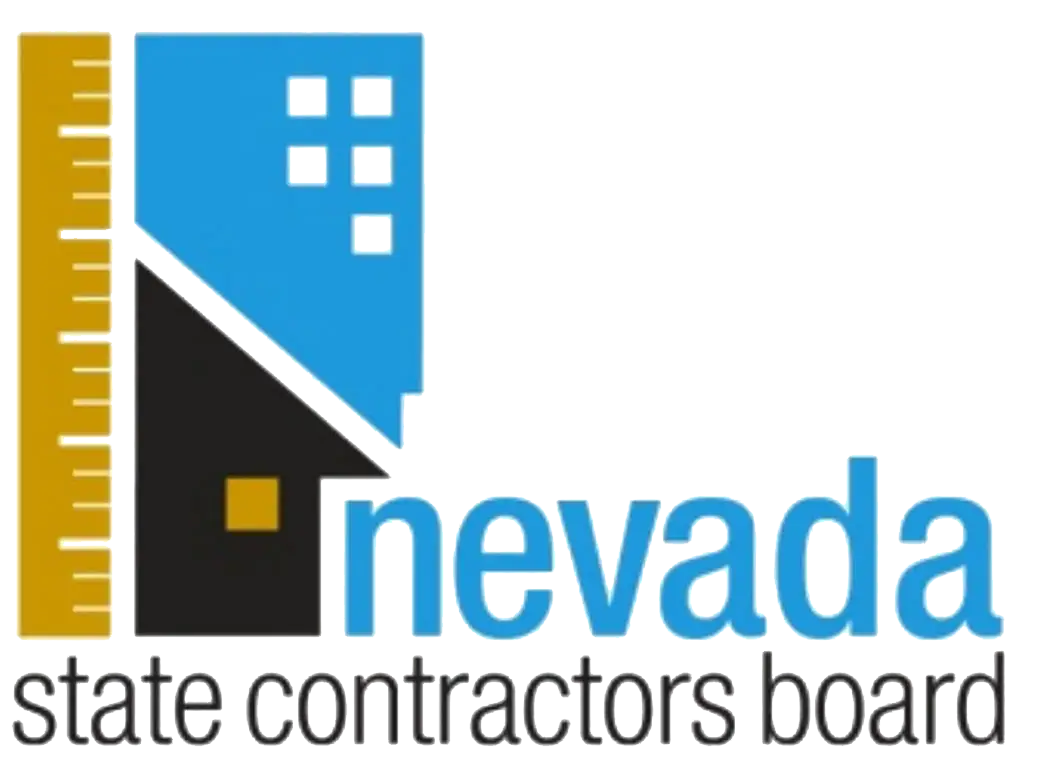In Nevada contractors, subcontractors and material suppliers who provide work or materials for the improvement of property may file a “Mechanic’s Lien” against a homeowner’s property to protect their rights and ensure payment for their services. A mechanics lien creates a legal method for these contractors, subcontractors and suppliers to foreclose on the improved property, forcing a sale of the property in order to obtain payment for their work or materials.
The Nevada Legislature has set forth the procedures for creating and enforcing a mechanics liens in the Nevada Revised Statute (NRS) Chapter 108. Because of the unusual and powerful nature of a mechanics lien, special requirements must be followed in order to rightfully secure a mechanics lien. In general, a contractor or supplier must:
- Provide work or materials valued at $500.00 or more for the repair or improvement of the property;
- Be licensed, if required, to perform the work;
- Timely provide a “Notice of Right to Lien” if he does not have a direct contract with the homeowner;
- Provide a “Notice of Intent To Lien” fifteen (15) days before recording his mechanics lien;
- Timely record his mechanics lien (formally called a “Notice of Lien”); and
- Timely file a lawsuit to foreclose the mechanics lien within six (6) months of recording the lien.
A homeowner should receive a “Notice of Right to Lien” from each contractor, subcontractor or supplier, generally within 21 days after he first furnishes labor or materials to the project. Even if late, the notice may still be effective for a portion of the labor or materials. The Notice of Right to Lien is a simple document alerting the homeowner that someone is furnishing labor or materials and will have a right to lien if he is not paid. No action is required by the homeowner upon receipt of the Notice of Right to Lien. The Notice of Right to Lien must be delivered in person or by certified mail to the owner of the property.
If a contractor, subcontractor or supplier is not paid for his services, the homeowner should be sent a Notice of Intent to Lien at least fifteen days before the mechanics lien is recorded. After that, the unpaid contractor, subcontractor or supplier may record his Notice of Lien with the County Recorder’s Office. He must serve the Notice of Lien on the homeowner personally or by certified mail.
The Notice of Lien must be recorded 90 days after the date on which the latest of the following occurs:
- The work of improvement is completed;
- The last date that labor, material or equipment is furnished to the project; or
- The last date that the lien claimant performs work or the project.
Under Nevada Law a Notice of Lien does not last forever; it must be “perfected”. A Notice of Lien can only be foreclosed by court order. Therefore, a civil lawsuit to enforce the Notice of Len must be commenced within six (6) months after it is recorded. If a lawsuit is not timely commenced, then the Notice of Lien lapses and is lost forever.
Contractors are required by law to provide homeowners with a list of all subcontractors and suppliers who will be providing more than $500.00 in labor or materials. These are the contractors, subcontractors and suppliers who may provide be providing a Notice of Right to Lien and may have lien rights if unpaid. A homeowner should ask a contractor for the names of all contractors, subcontractors and suppliers who will furnish $500.00 or more in labor and materials.
Homeowners have the right to require “Lien Releases” from their contractor, subcontractors or suppliers when payment is made for their services and should do so for each payment. Liens that do not comply with the provisions of NRS 108 may be invalid; and reimbursement of a homeowner who pays off an invalid lien may not be authorized through the Residential Recovery Fund. Additional questions on Mechanics Liens and the rights of homeowners should be discussed with your legal counsel.


